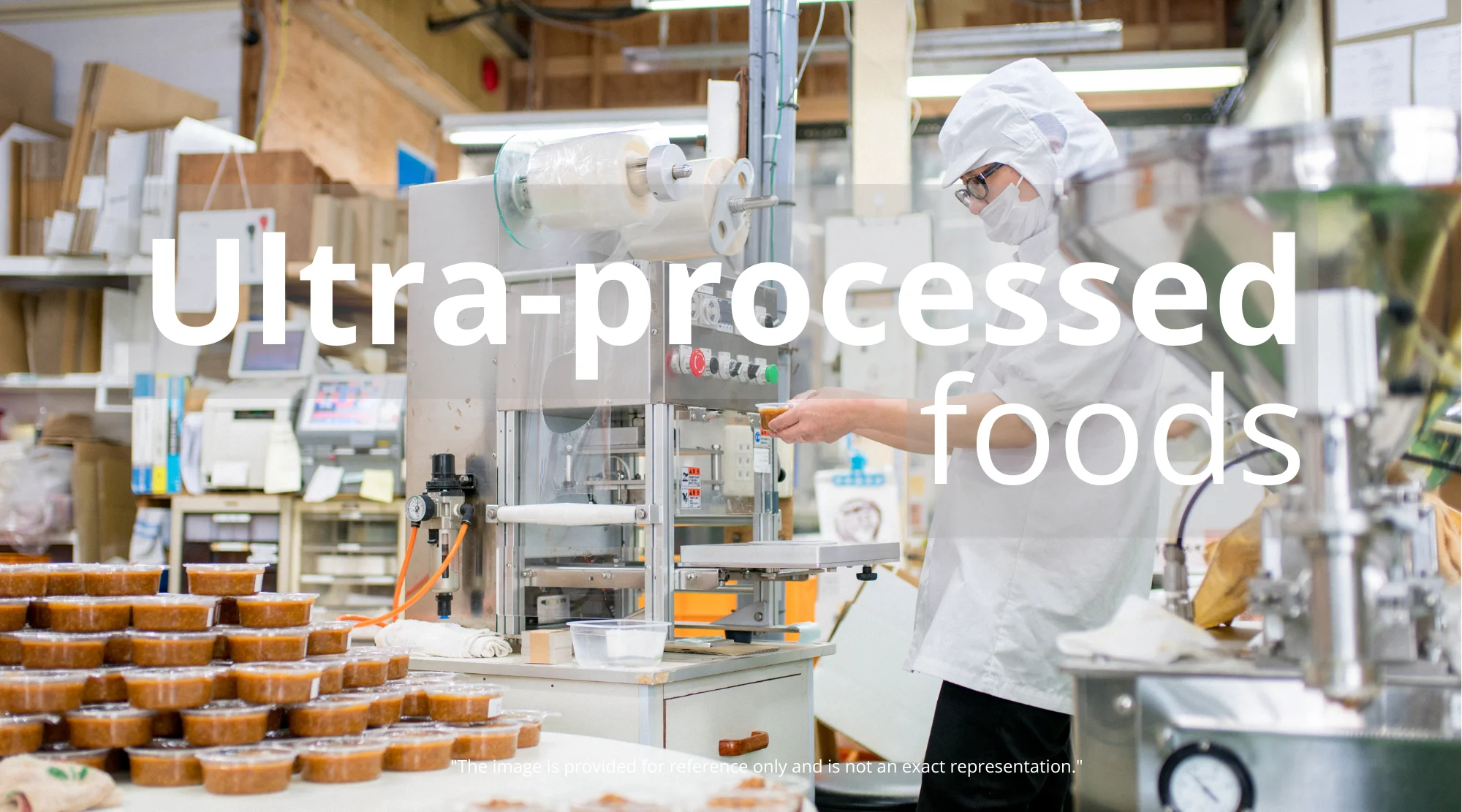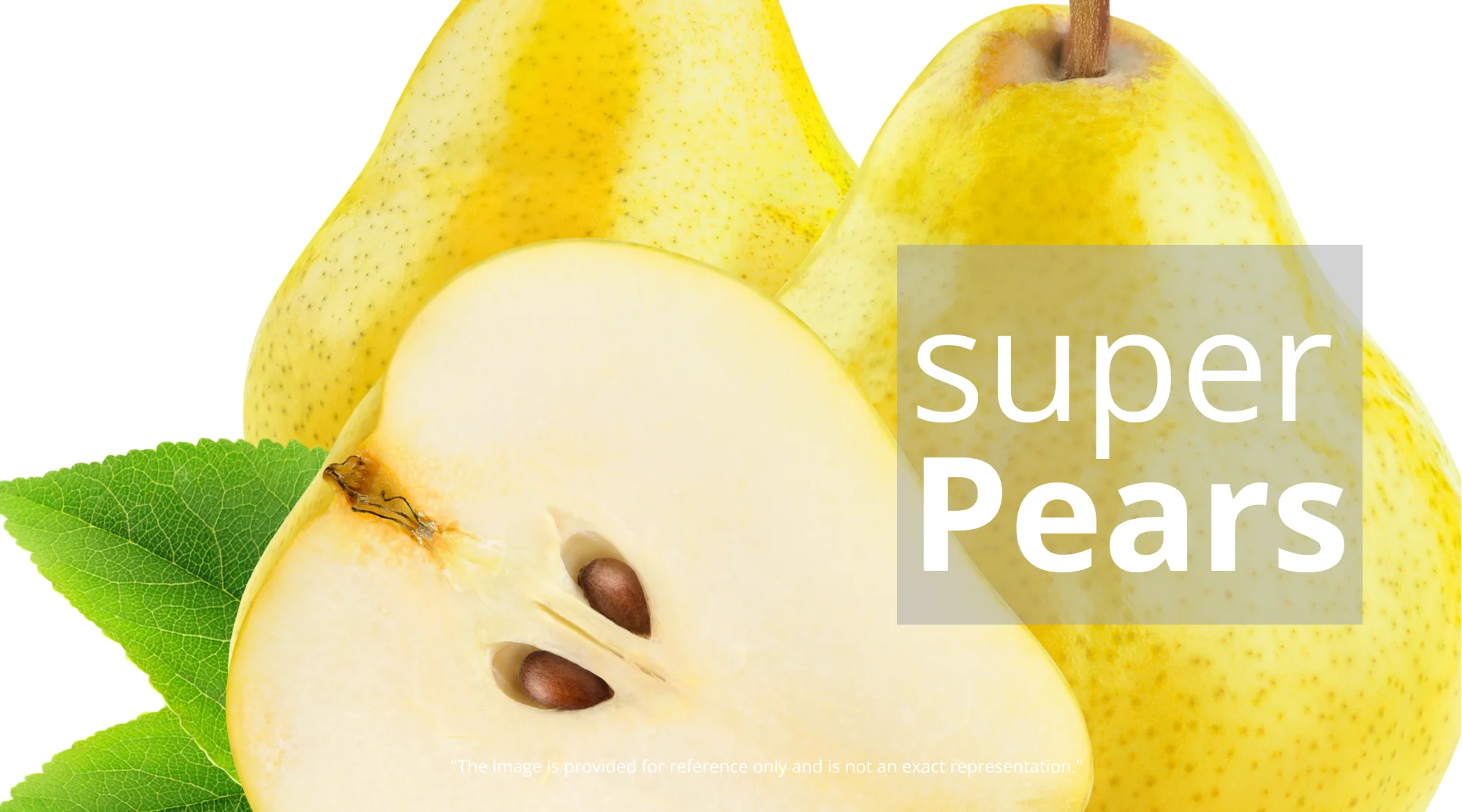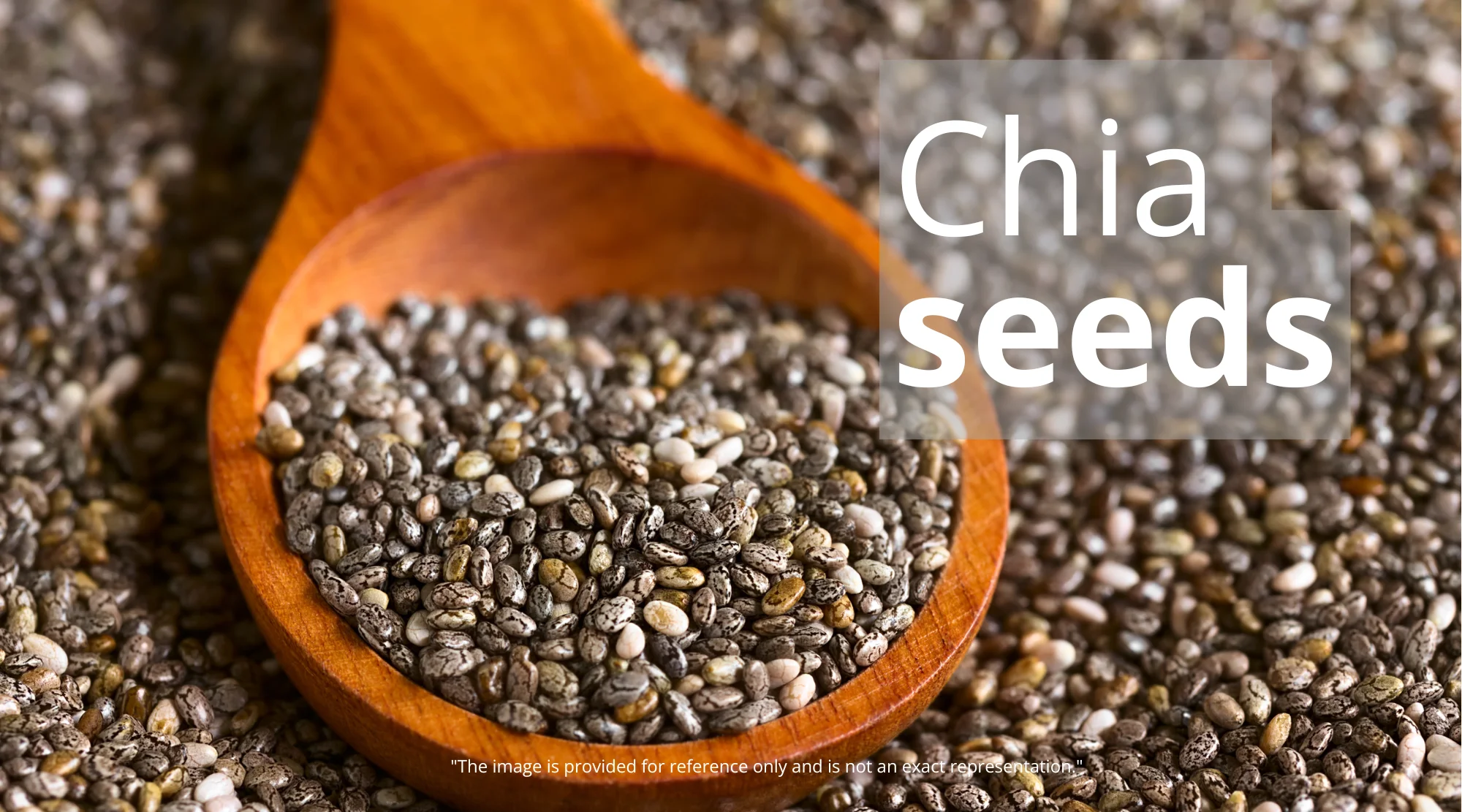Ultra-processed foods have been linked to chronic inflammation, a silent threat that can pave the way for serious health problems. A recent study has revealed a direct correlation between the consumption of these foods and elevated levels of high-sensitivity C-reactive protein (hs-CRP), a key marker of inflammation. This finding is crucial because it highlights the need to understand the impact of our dietary choices and take steps to improve our health.
The Silent Danger: Ultra-Processed Foods and Chronic Inflammation
The modern food landscape is dominated by ultra-processed foods (UPFs). These foods, engineered for convenience and shelf life, often lack essential nutrients while being loaded with added sugars, unhealthy fats, and artificial ingredients. This dietary pattern is increasingly linked to a host of chronic diseases.
The study, published in The American Journal of Medicine, analyzed data from a large sample of US adults, revealing a clear association between UPF consumption and elevated hs-CRP levels. This means that the more UPFs people consumed, the higher their levels of inflammation.

Chronic inflammation is a persistent, low-grade activation of the immune system. While short-term inflammation is a necessary process for healing, chronic inflammation can damage cells and tissues over time, contributing to the development of diseases like heart disease, diabetes, and even certain cancers. This underscores the importance of understanding the connection between diet and chronic inflammation.
Decoding the Link: Hs-CRP as a Key Indicator
The study focused on hs-CRP because it’s a reliable marker of chronic, low-grade inflammation. Elevated levels indicate that the body is under constant stress. While hs-CRP is commonly used to assess heart disease risk, this research adds a new dimension by linking it to dietary habits.
The researchers divided participants into groups based on their UPF intake. They then analyzed their hs-CRP levels. Those in the highest UPF consumption group were more likely to have elevated hs-CRP levels compared to the lowest intake group. Even moderate consumers showed increased risk. This demonstrates a dose-response relationship: the more UPFs consumed, the greater the risk of chronic inflammation.
The Impact of Age, Obesity, and Smoking
The study also highlighted the impact of certain factors, such as age, obesity, and smoking, on the relationship between UPFs and inflammation. Adults aged 50-59 were at a significantly higher risk, suggesting that the effects of UPFs may be amplified with age. Obese participants faced an even greater risk, likely due to the combined effects of UPFs and excess body fat on inflammation. Current smokers also exhibited an increased risk, underscoring the synergistic effects of unhealthy lifestyle choices.
These findings emphasize the importance of considering individual risk factors when assessing the impact of diet on health.
Beyond the Numbers: What This Means for Your Health
The study’s findings are significant because they reveal that it’s not just about the calories or fat content in our diet. The degree of food processing itself plays a crucial role in determining our health. UPFs often have reduced nutritional value and are designed to be highly palatable, leading to overconsumption. This can contribute to weight gain and exacerbate inflammation.
This research reinforces the growing understanding that dietary choices profoundly impact our health, and that focusing on whole, unprocessed foods is crucial for long-term well-being. Learn about the positive effects of physical activity on your gut health by reading the article: Exercise & Gut Health: How Physical Activity Transforms Your Gut Microbiome.
Strategies for Reducing Ultra-Processed Food Consumption
Making informed choices about food is essential for reducing UPF consumption and promoting better health. Here are some actionable strategies:
1. Read Food Labels Carefully
Pay attention to ingredient lists. Avoid foods with long lists of unfamiliar ingredients, especially those with added sugars, artificial sweeteners, and excessive additives.
2. Prioritize Whole, Unprocessed Foods
Focus on fresh fruits, vegetables, whole grains, lean proteins, and healthy fats. Build your meals around these nutrient-rich foods. For example, include more peaches in your diet and read about the benefits of eating them with the skin on: Peach Power: Why Eating Peaches with Skin On Boosts Your Health.
3. Cook at Home More Often
Preparing meals at home gives you control over ingredients and portion sizes. Experiment with new recipes and flavors.
4. Plan Your Meals
Meal planning can help you make healthier choices and avoid impulse purchases of UPFs.
5. Be Mindful of Snacking
Choose healthy snacks like fruits, vegetables with hummus, or nuts and seeds.
6. Educate Yourself
Learn about the health risks associated with UPFs and the benefits of a whole-foods diet.
The Broader Implications: Public Health and Policy
The study’s findings have significant implications for public health and policy. Healthcare professionals should actively engage with patients about the risks of UPFs and the benefits of increased whole food consumption. Policymakers can play a crucial role by promoting healthier food options in schools and government programs, reducing harmful additives, and improving food labeling.

The study’s authors draw parallels to the long and arduous battle against tobacco. Just as it took decades to shift public opinion and policy regarding smoking, changing our relationship with UPFs will require a sustained effort. This highlights the importance of ongoing research, public education, and supportive policies to protect public health. Read about the ways in which the US is lagging behind in the promotion of health: Chronic Disease Crisis: Why the U.S. Is Lagging Behind in Promoting Health.
Beyond Diet: Other Strategies to Combat Inflammation
While reducing UPF consumption is critical, it’s just one piece of the puzzle. Here are additional strategies to combat inflammation and promote overall health:
1. Manage Stress
Chronic stress can contribute to inflammation. Practice stress-reducing techniques such as meditation, yoga, or spending time in nature. Read this article for strategies to master stress: Master Stress: Proven Strategies for a Calmer, Healthier You | Be Full Be Health.
2. Get Regular Exercise
Physical activity has been shown to reduce inflammation. Aim for at least 150 minutes of moderate-intensity exercise per week. You can also explore the amazing benefits of martial arts for your body and mind: Unleash Your Potential: Discover the Amazing Benefits of Martial Arts for Body and Mind.
3. Prioritize Sleep
Insufficient sleep can increase inflammation. Aim for 7-9 hours of quality sleep each night.
4. Stay Hydrated
Drink plenty of water throughout the day. Dehydration can contribute to inflammation. Read more about the relationship between hydration and stress in this article: Hydration & Stress: The Surprising Link That Can Change Your Life.
5. Consider Supplementation
Some supplements, such as omega-3 fatty acids and turmeric, have anti-inflammatory properties. Talk to your doctor before taking any supplements.
A Call to Action: Prioritizing Your Health
The link between ultra-processed foods and chronic inflammation is a wake-up call. It’s a reminder that our dietary choices have a profound impact on our health. By making informed choices, prioritizing whole foods, and adopting a healthy lifestyle, we can reduce inflammation, prevent chronic diseases, and enhance our overall well-being. Remember, taking control of your health is an ongoing journey, and every step you take towards a healthier lifestyle is a step in the right direction. Read this article for a guide on how to achieve a healthy lifestyle: Mastering Fitness: Your Complete Guide to Building a Healthy Lifestyle.
Your Plate, Your Power
In conclusion, the research linking ultra-processed foods to elevated hs-CRP levels underscores the importance of making conscious dietary choices. This study serves as a call to action, urging individuals to re-evaluate their food consumption habits and prioritize a diet rich in whole, unprocessed foods. By understanding the science behind chronic inflammation and taking steps to reduce our intake of UPFs, we can empower ourselves to take control of our health. Make sure you are keeping up with the trends in medicine by reading the article: AI in Drug Discovery: Challenges and Triumphs in 2025 and Beyond.














3 comments